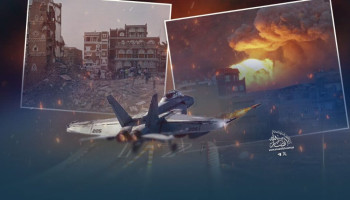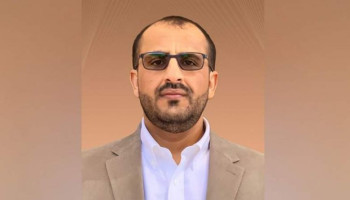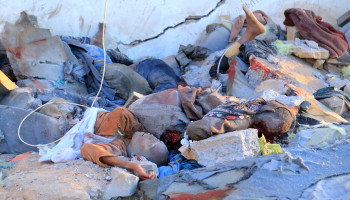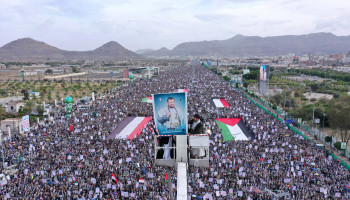The capital Sana'a and the provinces under the authority of the Supreme Political Council and Salvation Government are witnessing security stability compared of the southern provinces that under the authority of the Saudi-Emirati occupation .
Since the Revolution of September 21, 2014, and the country's criminal acts, the forces of aggression and their tools in assassinating national figures and bombing mosques, the security agencies have continued achieve security successes thanks to the efforts of the Revolutionary Leadership and Supreme Political Council.
As such, Security achievements have continued during the past period by exposing terrorist cells belonging to the aggression forces and the ensuing of scare ,It had weighed heavily on the security services and popular committees in taking responsibility for maintaining security and stability.
The efforts of the security units also contributed to the pursuit of the dark bats of criminal elements who have a history of committing crimes and violations.
The Ministry of Interior revealed that significant security achievements have been achieved in excess of 45 thousand and 930 achievement since the beginning of the aggression to December 2019… explaining that 296 hostile plots were uncovered and thwarted, 23 of which were aimed at targeting the home front and thwarting 15 crimes affecting state security during the same year.
The Ministry of Interior said in a statement that several of terrorist cells fellow to the so-called Al-Qaeda and ISIS, that including 13 cells in 2019 were uncovered and seized.
It said that 1,458 explosive devices were discovered and dismantled before they were detonated since the beginning of the aggression, the traitors and mercenaries planted it in the public roads, markets, houses and mosques.
The ministry confirmed that these security achievements confirm the association and involvement of the aggression and mercenary leaders in manufacture, support and financing of the so-called al-Qaeda and ISIS for many years, Among them are the mercenaries Ali Mohsen, Hamid al-Ahmar, Wissam al-Ahmar and many leaders of the Islah Party.
Compared between the stable security situation in the free provinces and occupied southern provinces, the pace of military confrontations between the militia and the tools of aggression has increased over the past years, Killing many civilians, imams of mosques, national figures and others.
Since the control of the UAE-backed Southern Transitional Council and the so-called "legitimacy" forces supported by Saudi Arabia in a number of occupied provinces, particularly Socotra and Abyan, the people of the southern provinces suffering of the both.
The southern provinces have suffered from the deterioration of the level of services as well as insecurity, instability and the proliferation of armed militias.
The occupied governorates are witnessing deep divisions between the forces of aggression, as the situation is no longer hidden from anyone, as there is no particular force controlling these provinces.
While the implementation of the so-called "Riyadh Agreement" stalled " between the forces of aggression , following the August 2019 confrontations, especially the provisions related the military aspect and the two sides exchange accusations of non-compliance with the implementation of the agreement.
As the forces of aggression and their tools tussle in the southern provinces, Aden province has witnessed widespread protests over the deterioration of basic services and the collapse of health sector system, demanding better electricity, water and medical services.
These protests come against the backdrop of the failure the Saudi occupation and the so-called legitimate government and Southern Transitional Council to provide basic services and improve the health situation and others.
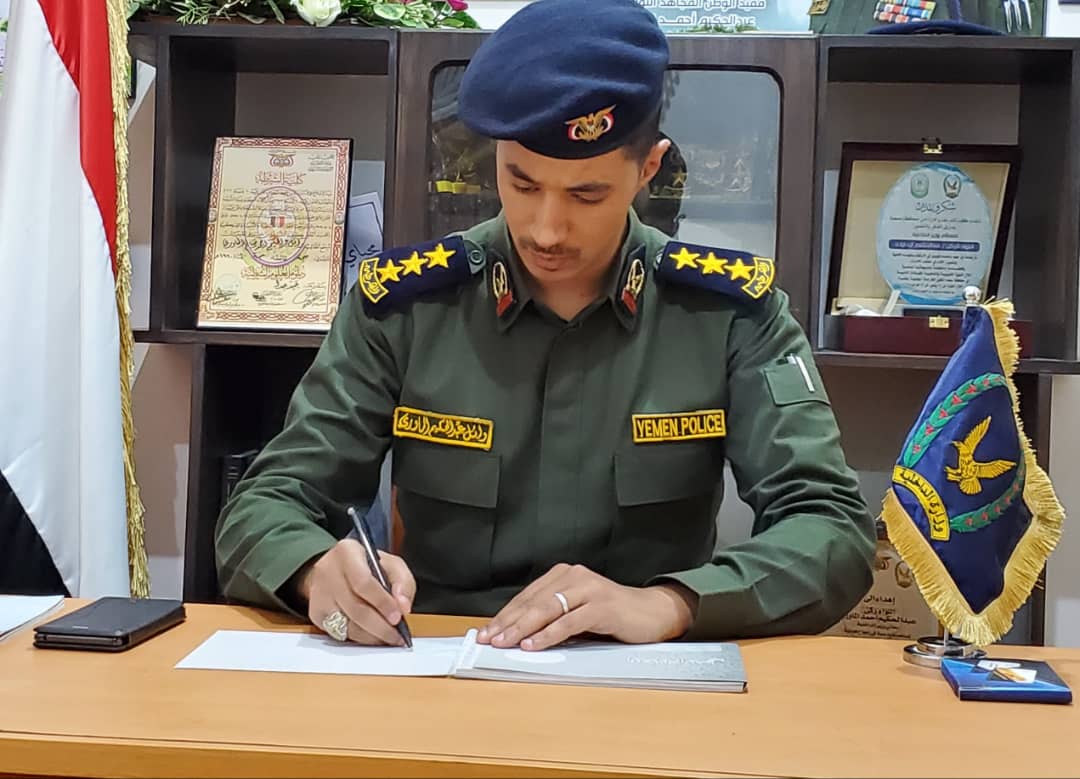
In this regard, Wael Abdul Hakim Al-Māori, deputy director of the Saaiaghi department in al-Sabaeen area of Sanaa province said that one of the most important elements the success of the security work in free provinces is Provide revolutionary and political will, and their sincere efforts to the Yemeni people.
Al-Māori pointed out that the current security situation in the capital Sana'a and the free provinces is stable with the efforts of the security forces and the awareness of citizens, especially after the revolution of September 21, 2014... stressing that after events of February 11, 2011, the country witnessed a security breakdown, threats and very difficult security challenges, accompanied by assassinations, bombings and the targeting of a number of political, military, security, cultural and social figures.
He confirmed that the security agencies and various security units were able to achieve significant security achievements nearly 48 thousand security achievements since the beginning of aggression according to the report of the Interior Ministry early this year, which constituted a severe blow to the countries of aggression and their plans to penetrate the home front.
The deputy director of the Saaiaghi department said that the role of the security services is represent to move to the border fronts and other fronts to support the heroes of the army and popular committees and their participate in heroic positions in Battlefields... Pointing out that a push was graduated from central security and rescue and public security and sent to the fronts.
He also mentioned that the role of the security services are preserve the lives, dignity, money and rights of citizens and strengthening the relationship with citizens, as the security man represents the eye that monitors everything that is happening in the street and the citizen Khair Rafid for police man and his support for information for any action that threatens the security and stability of the country.
The Major Māori mentioned the difficulties facing the security services in the context of the aggression, most notably the lack of resources and capabilities due to the bombing of security and military institutions by the Aircraft of Aggression, which increased the tasks of the security agencies in controlling the security work and keeping pace with the development of crimes and plans that are being disrupted by the aggression and its mercenaries at home against the homeland.
Insecurity in the southern provinces is the result of external guardianship and multiplicity of powers and loyalties. "It is clear to everyone that a security manager in any occupied province can only direct or move a crew under the orders the youngest Saudi or Emirati officer," Māori said.
The reality of the security services in the occupied governorates is deprived of will and decision. He added, "The security man in these provinces sold his land and dignity and executed agendas to serve the countries of aggression."
The deputy director of the Saaiaghi department appreciated the interest of the Ministry of Interior leadership, represented by its Minister, Major General Abdul Karim al-Houthi, in the security services and units... pointing that the leadership of the Ministry of Interior is working periodically to raise the level of security among the security officers and make them aware of their duty, which contributes to improving security performance and improving the relationship between police men and citizen.
Al-Māouri also praised the role of the leadership of the Ministry of Interior and its support for the security personnel and all those working in the field of security and their efforts in maintaining security and stability.. calling on the mercenaries to return to the national ranks to gain the honor of defending Yemen, its security and stability and maintain the independence of its sovereign decision.
Source: Websites
Y.A


